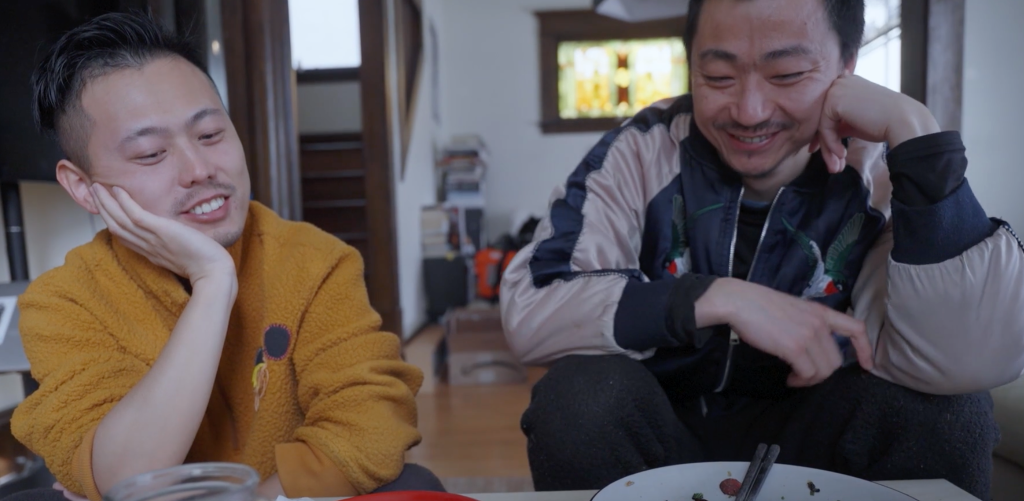
Under Xi Jinping’s zero-COVID policy, an internet meme and movement emerged in China as people searched for ways to escape the country for greater freedoms. In the mini-documentary The Young People Who “Ran” out of China, Are Their Dreams Coming True?, a small team collaborated across three continents to spotlight the underreported stories of those who managed to make it out.
The project was honored as a winner in the Digital Video Storytelling category of the 2023 Online Journalism Awards. Finalists for this award set the bar for video excellence across digital, mobile and social platforms. We recently connected with Alex Zhang, Director at 歪脑 | WHYNOT, and the team to get a glimpse into how the award-winning work came to be.
“Run” ( 润 )is a popular Chinese meme that took off during the COVID-19 pandemic. Using a Chinese character that sounds similar to the English word “run,” it describes that people find every possible way to leave China for a more developed country with greater freedom. We wanted to check on these people who successfully “ran,” how they are doing now, and what their next plans are. This mini-documentary is a part of WHYNOT’s Very Special Report—”The Run Movement: Why So Many Chinese People Are Fleeing China’s Prosperity?” which examines the broader idea and the social issues behind the Run Movement.
It was a real global collaboration. A WHYNOT editor was working from the west coast of Canada, helping schedule interviews in three different continents, while the producer in the east coast of the U.S. straightened out all the logistics for the cinematographer to travel to the South and Midwest. Meanwhile, our reporter in Taiwan paired with a local videographer and connected remotely during the interview filming in Switzerland. Last but not least, our video editor went through massive amounts of footage and interviews, and delivered a touching and thought-provoking story.
We have a very compact team and a small newsroom budget. Working with local freelancers makes sense and the end results always inspire us. Although pulling it all together takes a lot of teleconferencing, every messenger apps available and tons of screenshots, it’s a labor of love.
WHYNOT is currently producing a multimedia project following Chinese asylum-seekers as they desperately escape China’s downward economy, crossing the Darién Gap, trekking weeks to reach the U.S.
We are working with freelancers in Taiwan, Europe and South America to produce visually compelling stories in one of the most hostile environments of the world. What we have learnt in the mini-documentary project gives us experience and confidence to pull off a much more complex project.
The OJAs is one of the most celebrated awards in today’s digital journalism age. Our team was over the moon when we heard the news! WHYNOT is a three-year old young publication. This is only our second OJA win. We are humbled and inspired to produce more good works to pursue more awards.
Launched in 2000, the Online Journalism Awards are the only comprehensive set of journalism prizes honoring excellence and innovation in digital journalism around the world. The call for entries for the 2024 awards is open April 4–May 9.
Explore the 2023 winners and finalists Volunteer with the OJAsThe Online Journalism Awards™ (OJAs), launched in May 2000, are the only comprehensive set of journalism prizes honoring excellence in digital journalism around the world.

Posted By
Karolle Rabarison
Categories
Stories